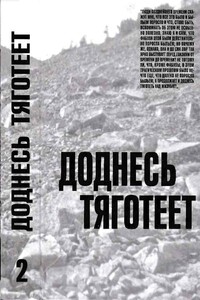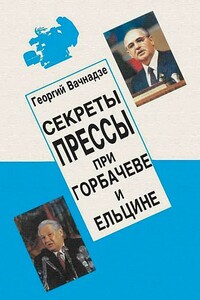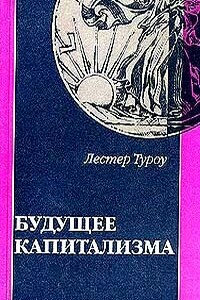Нации и этничность в гуманитарных науках. Этнические, протонациональные и национальные нарративы. Формирование и репрезентация | страница 67
Их сочинения отражают характерные черты тогдашнего итальянского патриотизма: восприятие всех иностранцев как «варваров», преобладание локального патриотизма над общенациональным, осуждение военного наемничества, критическое отношение к Церкви, свободолюбие, противопоставление неиспорченной старины и цивилизации, языковой и культурный диалог с античностью.
Ранний итальянский национализм не получил политического подкрепления в лице единого государства, что отразилось в порожденных этой неудовлетворенностью национальных движениях XIX–XX вв.
Ключевые слова: патриотизм; национальная идея; Италия; Рим; Макиавелли; Гвиччардини.
THE IDEA OF PATRIOTISM AND ITS ITALIAN ROOTS
The term “patriotism” and an idea of patriotism are close to each other but not identical. The word, going back to Antiquity, was later disseminated as a concept of European culture; the idea of love to the country is derived from a phenomenon, nowadays called “identity”, or rather from ethnic self-identification.
Both the word and the phenomenon are historically determined, i. e. multiform in their historical being; their content is interrelated with most important features of nation’s life. First of all, with politics: there is a republican patriotism of the city-state kind, there is a monarchical patriotism which supposes service to the sovereign.
In traditional societies patriotism was mainly confessional; national identity was overshadowed by the religious one. Other elements of particular cultures such as language, literature, art and, to a lesser extent, scientific knowledge bred patriotism too and were nurtured by it.
The set of modern ideas of patriotism was born in the transition from Middle Ages to Modern Times, together with the development of common values of Renaissance Europe. In Italy the construction of national self-consciousness began very early, but it was not completed because of the peculiarities of the historical evolution of the country. It is worth mentioning memories of the grandeur of Rome coupled with the authority of catholic Rome, traces of ancient republicanism in Italian cities and the mere fact of the of Renaissance culture looking back to Antiquity. The all-Italian idea was discussed in the works of two outstanding politicians and writers of Renaissance, N.Machiavelli and Fr. Guicciardini.
Their writings reflect characteristic features of contemporary Italian patriotism: perception of all foreigners as “Barbarians”, prevalence of local patriotism over the national one, condemnation of mercenary troops, criticism of the Church, love of freedom, the contraposition of uncorrupted old time and civilization, linguistic and cultural dialogue with Antiquity.





